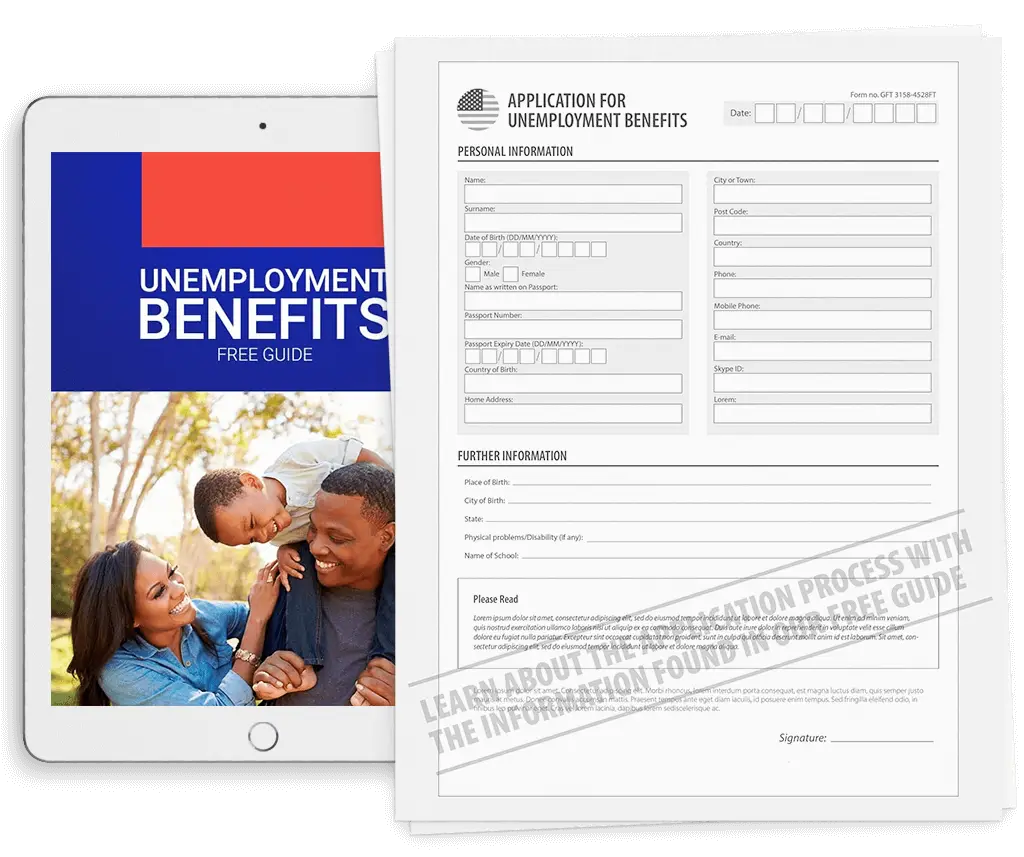Unemployed individuals who would like to know the answer to the question, “What can I do to extend unemployment eligibility?” must be aware that in the United States, there are no unemployment extensions, unless the states experience high unemployment levels. Thus, all unemployed individuals who are eligible for unemployment compensation will only receive regular unemployment benefits for a limited amount of time as determined by their state. Given that you can only receive benefits for a certain number of weeks, you must spend your days looking for employment in order to become financially stable again, rather than rely on the possibility of unemployment extensions. You must also be available to start at a job immediately because, more likely than not, you will not be eligible for an unemployment compensation extension. In times of high unemployment, the state agencies for unemployment claims will take the necessary measures to extend assistance and provide unemployment benefits extensions to all eligible individuals, especially if they have not been able to find a job due to adverse economic conditions. When these conditions are applicable statewide, the appropriate department handling unemployment insurance will declare an extended benefit period, during which benefits extensions will be awarded. To learn more about unemployment compensation extensions and the federal unemployment extension programs, read the sections below:
- How can I extend unemployment insurance for myself?
- Learn about unemployment extension programs
How can I extend unemployment insurance for myself?
If you were wondering how to get an unemployment extension, you must first learn about the eligibility requirements you must meet in order to qualify. The extension period is different in each state in times of high unemployment and is based on a variety of factors determined by the appropriate state agency. However, currently, no state in the U.S. offers unemployment benefits extensions. Only when a state declares an unemployment extension period will unemployed individuals receive benefits for an added period of time.
Depending on the state, the eligibility requirements for an unemployment compensation extension vary, but in general, all unemployed individuals must consult their state unemployment agency to find out if they are eligible. Note that eligibility for regular unemployment benefits does not mean you qualify for an unemployment benefits extension. Typically, if a state starts an extended benefit period during a time of high unemployment, the UI agency will inform those who are eligible for the extended program and encourage them to apply.
Note: The amount of benefits you receive in an extension period is equal to the amount of benefits you received during your regular unemployment period.
Learn About Unemployment Extension Programs
Federal unemployment extensions only occur in times of high unemployment, when states make the decision to initiate an extended benefit period for unemployed individuals who have been receiving benefits regularly. The states activate special emergency programs that are available only in specific circumstances (when the percentage of unemployment is high) and are used to provide additional assistance to unemployed citizens. For this purpose, the federal government established two special unemployment extension programs:
- Extended Benefits (EB)
- Emergency Unemployment Compensation (EUC)
Federal UI extensions via the EB program are only available during periods of high unemployment for unemployed workers who have used up their regular unemployment benefits. Members are eligible for up to 13 weeks of additional assistance. Each state has different terms and conditions in times of high unemployment and handles extensions differently. In some states, the extension may be funded by the federal government, while in others, it is funded by the state government.
On the other hand, the Emergency Unemployment Compensation program was a federally funded program offering extended benefits to workers who had used up their regular unemployment compensation. However, this program is no longer in use. During its time, EUC provided four emergency tiers of assistance, in addition to the basic unemployment benefits provided by the state:
- Tier 1 offered around 20 weeks of extensions or 80 percent of the individual’s maximum benefit (whichever was less).
- Tier 2 offered 14 weeks of extension or 54 percent of the individual’s maximum benefit (whichever was less), and you must have tired out Tier 1 benefits to become eligible for Tier 2.
- Tier 3 offered 13 weeks of additional assistance or 50 percent of the individual’s maximum benefit (whichever was less), and individuals must have tired out Tier 2 to have received Tier 3 benefits.
- Tier 4 offered up to six weeks or 24 percent of the individual’s maximum benefit (whichever was less). To have received benefits from Tier 4, individuals must have tired out their benefits from Tier 3.
